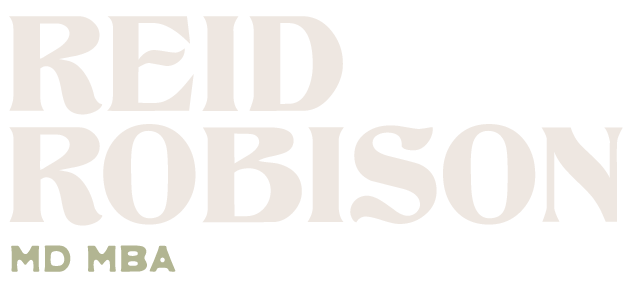Forbes: With pressure to scale, some ketamine clinics could be doing harm. Here’s what consumers need to know.
Check out this recent Forbes article featuring myself and CEO of Numinus, Payton Nyquvest, that dives into what clients should look for when it comes to finding a ketamine clinic.
“Between July of 2021 and July of 2022, ketamine-related startups raised $236 million—and the psychedelic therapeutics industry, valued at $3.6 billion in 2021, is prospected to be valued at $8.3 billion by 2028.” While this growth is extremely exciting, it also raises the need for caution. As companies face pressure to scale and generate increased revenue, safety precautions and close medical oversight are at a higher risk for being compromised.
I also recommend choosing clinics with experienced teams that include certified mental health professionals like psychiatrists, psychotherapists, and psychiatric nurse practitioners.
I also recommend looking for clinics offering “ketamine-assisted psychotherapy” (KAP) or “ketamine assisted therapy” (KAT) rather than simply “ketamine infusions. This implies the clinic has an emphasis on the preparation and integration. Many of the virtual services lack these key components.
“Yes, psychedelics are really exciting tools, but if you don’t have that model of community & care wrapped around it, they can be ineffective and even harmful.”

